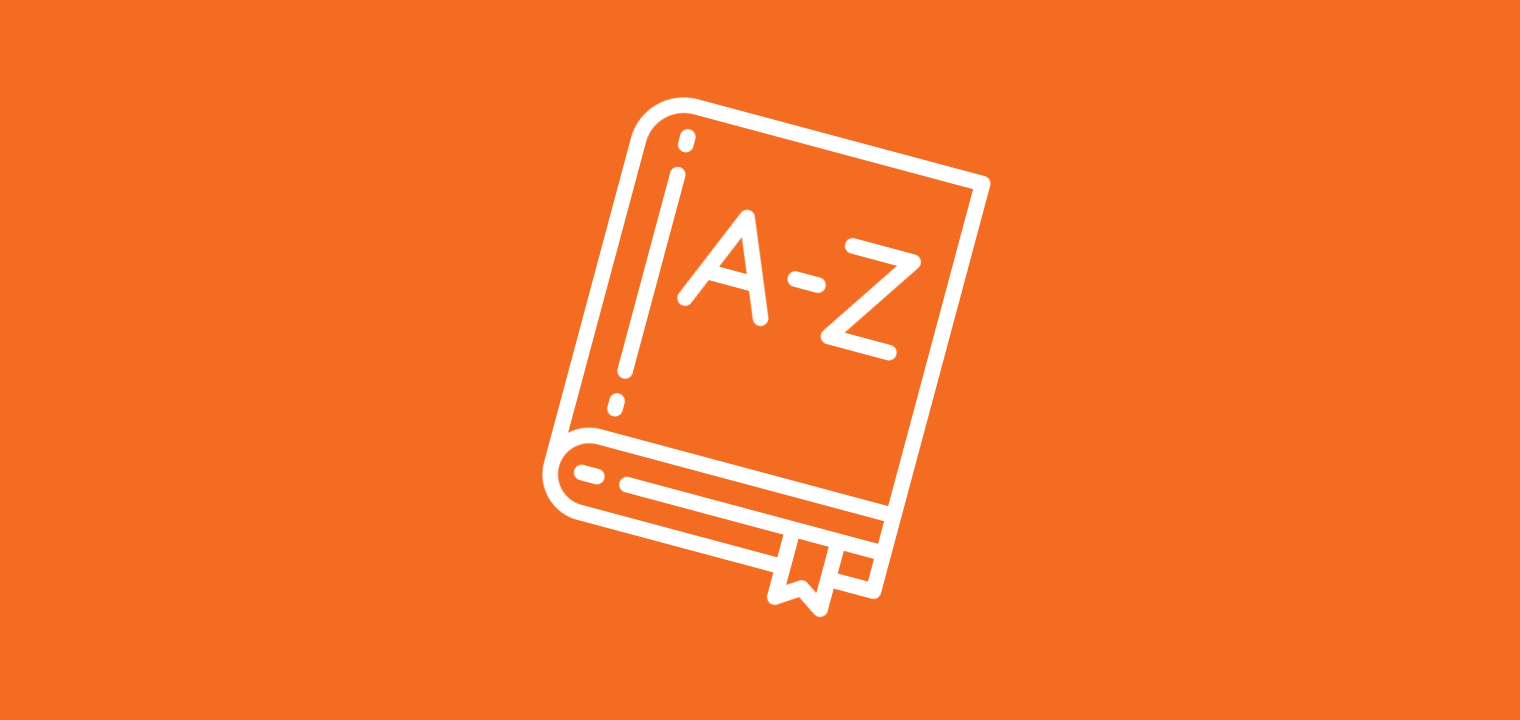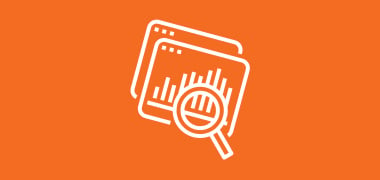
Your step-by-step guide to hosting a mortgage workshop
Added 08/05/25 -
4
min read
Hosting a face-to-face workshop is one of the most effective ways of connecting with potential clients. It gives you an opportunity to position yourself as a trusted adviser by breaking down complex processes into laymen’s terms, helping prospects understand their options with practical, hands-on guidance.
This guide will show you exactly how to plan and run a mortgage workshop that converts them into trusting clients.
1. Why run a mortgage workshop?
Put simply, running a mortgage workshop sets you apart. While online tools are everywhere, there’s no substitute for in-person interactions.
These workshops bring in new clients who want to learn from the professionals, whether it’s first-time buyers confused about where to start or homeowners looking to remortgage. By explaining complicated concepts in simple terms, like how affordability checks work or what documents they'll need, you help reduce the stress many feel about mortgages.
Better still, when clients get helpful, easy-to-understand advice from you in person, they're more likely to come back for future mortgages and refer you to their friends.
2. How to set the scene
A mortgage workshop should feel welcoming and easy-going, not stiff and corporate. Think of it as a friendly conversation where people can get solid answers to their biggest questions.
Smaller groups work best, around 5 to 20 ideally as this gives everyone an opportunity to air their concerns in a personal setting. Plan for a 60-90-minute session, as it gives you enough time to cover key points while still keeping everyone’s attention.
In terms of the venue, keep it simple and local, like a library, cafe or coworking space. If people prefer, you could even host a virtual workshop through Zoom or Teams.
Here’s an example agenda to get you started:
- Quick intro: Your role as a broker and your approach.
- Mortgage basics: Key changes in 2025 (affordability rules, green mortgages, tech in applications).
- A step-by-step buying journey.
- Common pitfalls (e.g., digital ID issues, credit missteps).
- End with an open Q&A.
3. Planning your workshop
Before setting up the workshop, first ask yourself some core questions that’ll help steer the conversation in a useful direction. For example, what’s the aim of the workshop? To attract first-time buyers? To support a more niche market, like self-employed borrowers? Understanding this will help you keep the workshop on track.
Second, figure out who your target audience is, be it young buyers, over-55s, or landlords, to name just a few examples.
Finally, work out what matters most to this audience. It could be saving money, getting on the property ladder as soon as possible, or getting to grips with new tech tools that can help them on their buying journey. Again, extra details like this that you can add to your agenda will make sure that everyone gets the most out of the session.
You might find it useful to have a client-relevant theme in place, such as ‘Buying your first home in 2025’ or ‘How to remortgage efficiently this year’. These titles not only make your workshop more appealing, they also support local SEO. Including location-specific keywords (like ‘First-time buyer help in Leeds’ or ‘Manchester mortgage advice for the self-employed’) can help your event show up in local searches.
4. Be proactive
Ahead of the workshop, you should be sure you’ve carefully planned out the details to make it as simple to attend as possible. Pick an accessible time (evenings or weekends, preferably), and select a venue or platform that’s best for your audience. You can also prepare a way to collect client interest, like sign-up sheets and booking links.
It’s likely you’ll need to create some visual materials to lock down your key points - make sure these are simple, clean, and avoid using jargon wherever possible.
Setting up a follow-up plan after the workshop - such as a free consultation slot - is a great way to continue offering value long after the session is over, as it keeps you in the forefront of your audience’s mind.
5. On the day
Arrive early and make the space feel welcoming and professional because first impressions set the tone. Start with a real-world example to connect with your audience right away, and keep your tone friendly, clear and reassuring throughout.
Use simple slides or handouts to stay on track, but focus only on the main points, as it’s better to keep the session interactive with open discussions. Your audience will appreciate being listened to.
End by offering a clear next step, like booking a free one-to-one mortgage review, downloading a guide like our Moving House Checklist, or signing up for your email newsletter, so clients know how to stay in touch.
6. What to do after
You’ve hosted the workshop, and it seemed to be a success, but to make sure everyone’s getting the most out of the session, you should have some goals in mind so you can measure its impact more effectively, and make sure you’re making good use of social media to keep you top of mind post-workshop.
During the workshop, you’ll connect with clients on a personal level by giving them real advice in a relaxed setting. In the weeks that follow, you’ll have built a list of warm leads ready for follow-up. Over the longer term, these workshops will help strengthen your reputation as the go-to mortgage expert in your area, making it easier to grow your client base through trust, referrals, and repeat business.
To boost your visibility, actively promote the event before, during, and after on your social media platforms. Share behind-the-scenes content, testimonials, clips from the session, and any helpful takeaways to extend your reach beyond attendees and position yourself as a local authority in the mortgage space. This kind of content not only builds engagement but also reinforces your personal brand in the community.
Keep track of key success metrics like the number of attendees, Q&A engagement, consultations booked, new client deals, and social media interactions related to the event. These insights will help you plan more proactively for future workshops and give you a clear view of what’s working and what’s not, while steadily raising your profile both online and offline.
Final thoughts
Workshops aren’t just a way to fill your pipeline, they’re personalised trust-builders that position you as the go-to expert in your area. Brokers who combine expertise with real human connection won’t just win more clients, they’ll build lasting relationships that drive long-term loyalty.
This blog is Part One of our Mortgage Workshop Series: Helping clients - especially those early in their homeownership journey - strengthen their financial profile and take practical steps towards buying a home.
You can read the second part of this series here: A Broker's Guide to Running a Buyer Readiness Workshop
Get notified of new content
Related Content
.jpg)
Your step-by-step guide to hosting a mortgage workshop
by Jeremy Duncombe
Added 08/05/25 - min read

Glossary of Economics Terms
by Jeremy Duncombe
Added 25/11/24 - min read

Importance of data analytics in improving sales performance
by Jeremy Duncombe
Added 19/09/24 - min read

Latest Blogs
.png)
2026 Mortgage Outlook: Regulation, Relationships and Real Opportunity
Added 08/01/26 - 3 min read
.png)
The UK Mortgage Market: A Year of Progress, Pause and Potential
Added 18/12/25 - 3 min read
.png)
Economics 101: A Calm Signal in a Noisy Market
Added 11/12/25 - 3 min read
Want to contribute to the Growth Library?
Get in touch with our Editorial Team here




